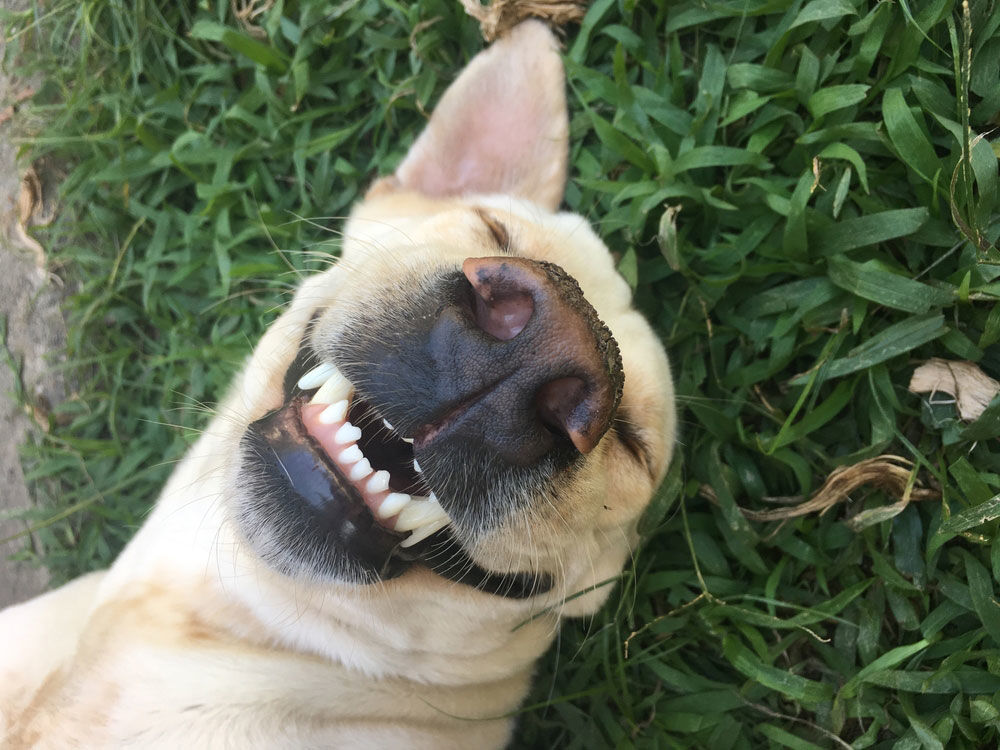Dogs and cats, like people, can have problems with their teeth and gums. Traditionally, animals “in the wild” lived on a varied and harsh diet, which kept teeth relatively clean. Domesticated animals today live mostly on commercial, less varied diets, and tend to develop periodontal disease as a result. In addition to this, the most common factors that can cause periodontal disease in dogs and cats are breed, age, and poor oral hygiene. Periodontal disease is more commonly seen in smaller breed dogs and cats due to their natural teeth formation, as well as in aged pets. Common problems that we see include tartar buildup, gingivitis or gum disease and loose, missing, broken or retained teeth.
Studies have linked periodontal disease in both humans and pets to systemic diseases of the kidneys and liver, heart disease, lung disease, diabetes complications, problems during pregnancy, and even cancer. Bad oral health cause a constant presence of oral bacteria flushing into the bloodstream through inflamed or bleeding gum tissue. Thankfully many of these conditions improve once the dental disease is resolved and good oral hygiene is maintained.
Obviously, with mouth problems left untreated, oral disease can significantly impact both the quality and quantity of your pet's life. Prevention is the best way to deal with these problems and get a fresh, clean, healthy mouth and help your pet live a longer, fuller life. Signs of gingivitis and dental disease can include but not limited to: bad breath, excessive salivation/blood or pus in mouth, pain on eating/swallowing without chewing, loss of appetite/change in preferred foods, change in chewing or eating habits, head shyness, swelling around the face or jaw, loss of teeth, red/painful or swollen gums.
Prevention of Gingivitis and Tartar
Prevention of disease should be started at an early age, or after a dental cleaning. By the time tartar is visible on teeth, disease is already established. Easy ways to maintain clean teeth include:
- Commercial chews/rawhide chews for fussier dogs (e.g. Greenies)
- Special diets e.g. hills t/d or oral care. These have large abrasive biscuits, and can be fed as the sole diet or with the normal diet.
- Teeth brushing – is effective, but requires some patience and training. Special dog toothpaste should be used as it is designed to be safe if swallowed, whereas human toothpaste is not.
- Regular (annual) veterinary checkups can help pick up early signs of periodontal disease.
- Dental Scale and polish – is used to remove tartar, is the most effective way to remove tartar, then creating a smooth surface on the tooth which means less surface for tartar to re-form on the tooth. This procedure requires general anesthetic.
During the month of February Maraboon Vet Surgery offers 15% off all Dental Scale and Polishes for Cats and Dogs to ensure your pets have the best oral health. We also offer free nurse dental checks if you are unsure about your pet’s oral health status give the friendly team a call on 07 4987 6800 to book your appointment today or for any more information.
